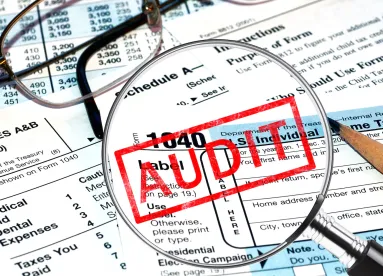The DC Council has once again advanced a bill (the False Claims Amendment Act, B23-0035) that would allow tax-related false claims against large taxpayers! The bill passed a first reading of the Committee of the Whole on Tuesday, November 17, 2020, by a vote of 8-5. The bill is sponsored by Councilmember Mary Cheh, who introduced identical bills over the past few legislative sessions that ultimately were not passed. The troubling bill is now eligible for a second (and final) reading at the next legislative meeting on Tuesday, December 1, 2020.
As introduced, the bill would amend the existing false claims statute in the District of Columbia to expressly authorize tax-related false claims actions against a person that “reported net income, sales, or revenue totaling $1 million or more in the tax filing to which the claim pertained, and the damages pleaded in the action total $350,000 or more.” If enacted, it would make the District one of only a few jurisdictions that allow tax-related false claims actions across the country.
Practice Note:
The advancement of this legislation by the DC Council is a very troubling development for taxpayers doing business in the District and threatens to subject them to the same nightmares (and the cottage industry of plaintiffs’ lawyers) that states like Illinois and New York have allowed over the past decade. Because the current false claims statute includes an express tax bar, this bill would represent a major policy departure in the District. See D.C. Code § 2-381.02(d) (stating that “[t]his section shall not apply to claims, records, or statements made pursuant to those portions of Title 47 that refer or relate to taxation”). As we have seen in jurisdictions like New York and Illinois, opening the door to tax-related false claims can lead to significant headaches for taxpayers and usurp the authority of the state tax agency by involving profit-motivated private parties and the state attorney general (AG) in tax enforcement decisions.
Because the statute of limitations for false claims is 10 years after the date on which the violation occurs, the typical tax statute of limitations for audit and enforcement may not protect taxpayers from false claims actions. See D.C. Code § 2-381.05(a). Treble damages would also be permitted against taxpayers for violations, meaning District taxpayers would be liable for three times the amount of any damages sustained by the District. See D.C. Code § 2-381.02(a). A private party who files a successful claim may receive between 15–25% of any recovery to the District if the District’s AG intervenes in the matter. If the private party successfully prosecutes the case on their own, they may receive between 25–30% of the amount recovered. This financial incentive encourages profit-motivated bounty hunters to develop theories of liability not established or approved by the agency responsible for tax administration. Allowing private parties to intervene in the administration, interpretation or enforcement of the tax law commandeers the authority of the tax agency, creates uncertainty and can result in inequitable tax treatment.






 />i
/>i

